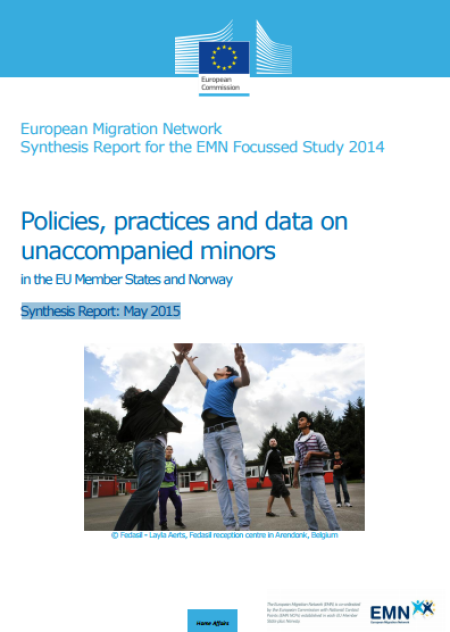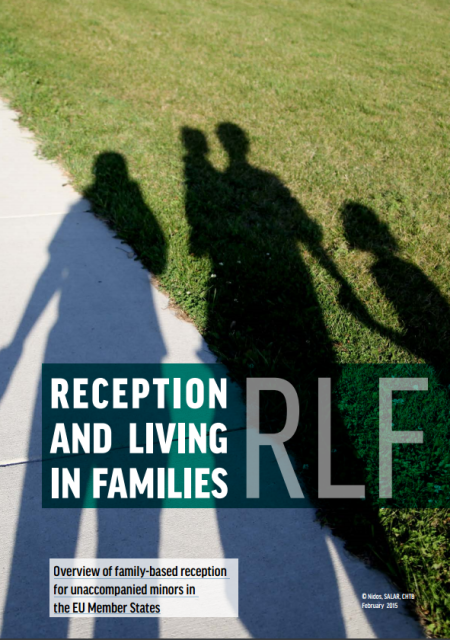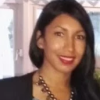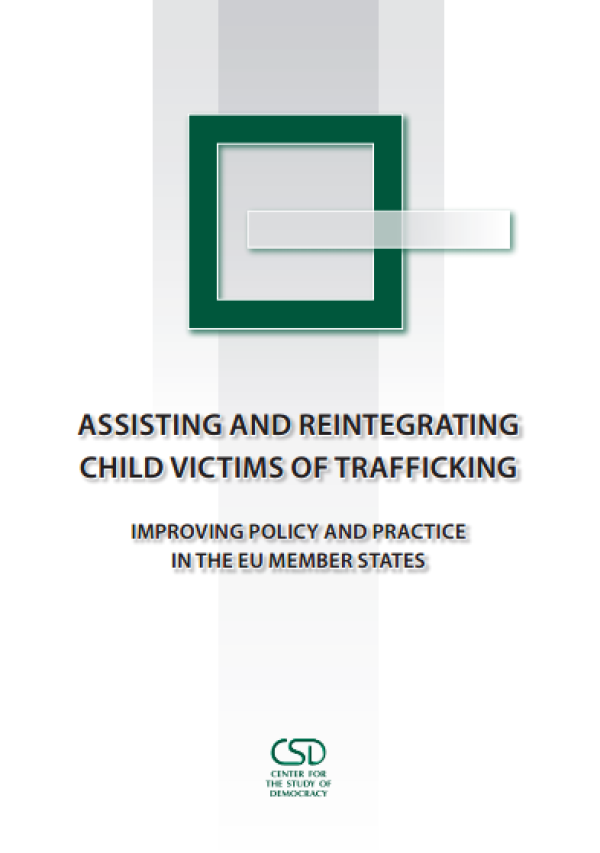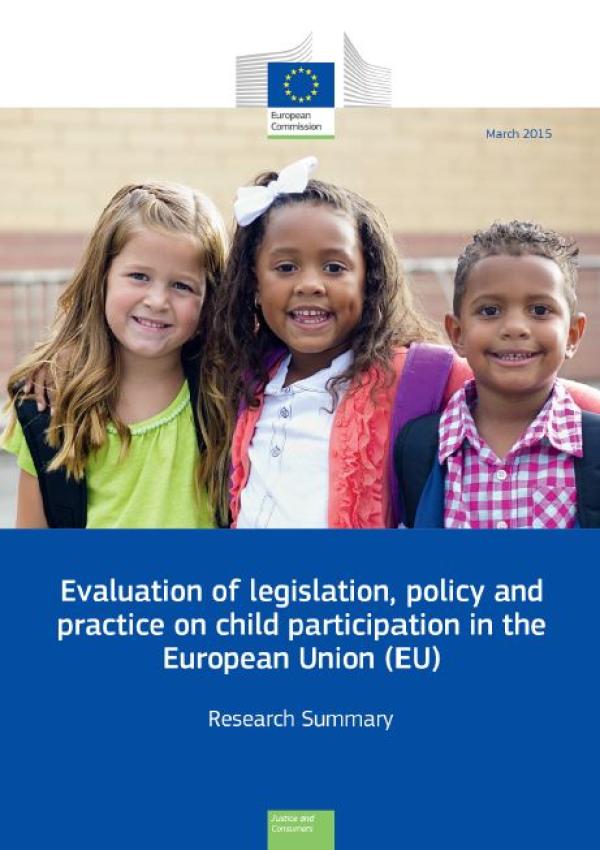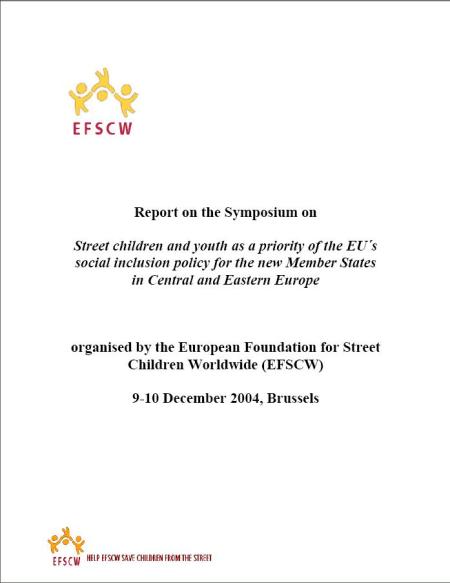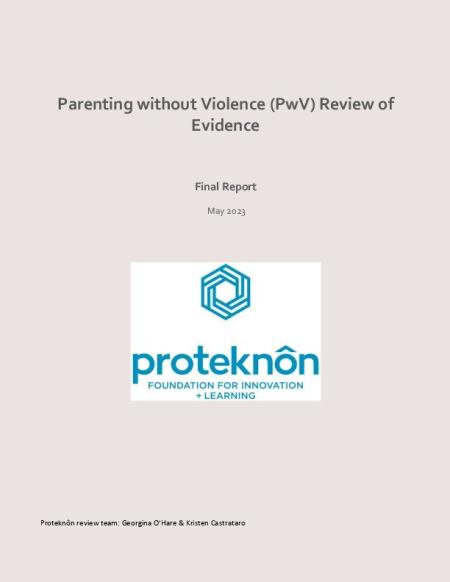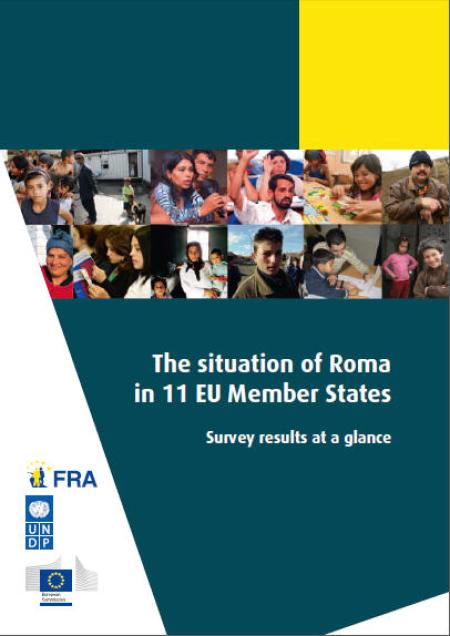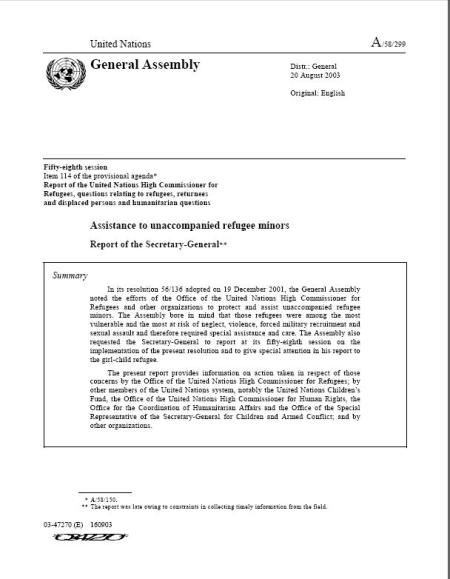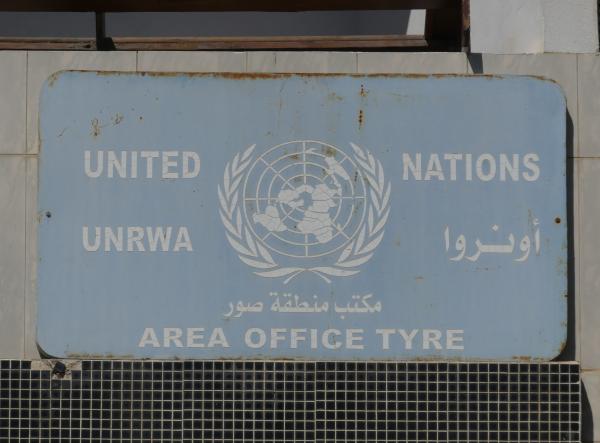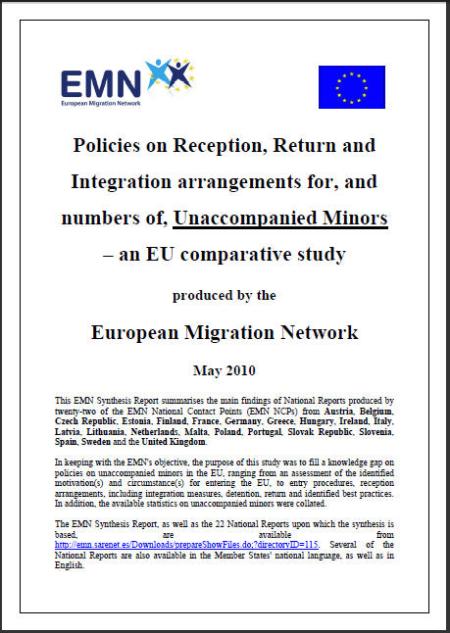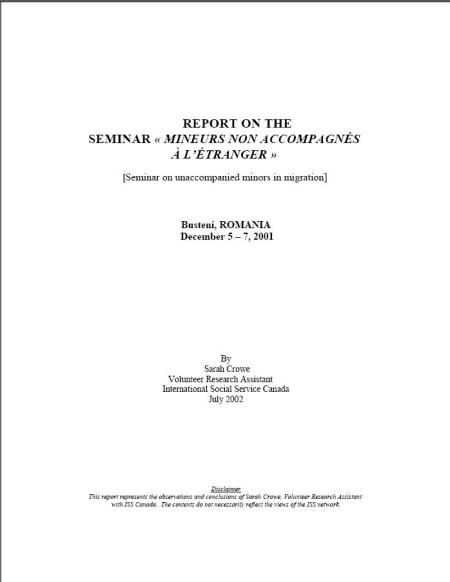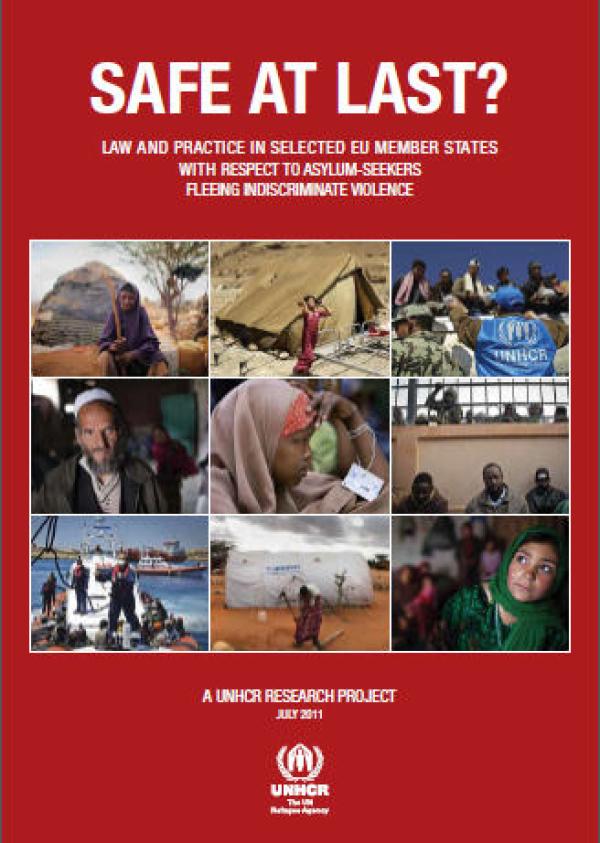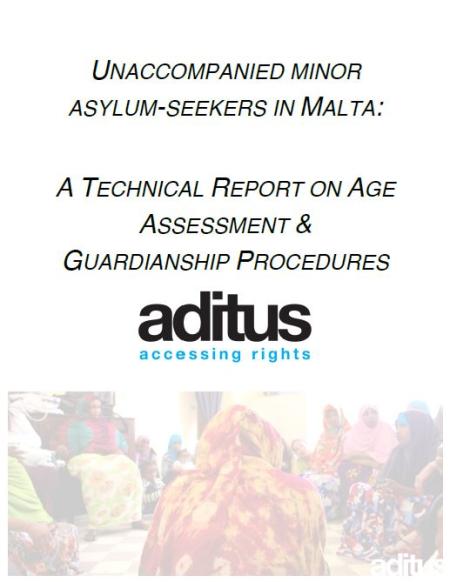
The following EMN Study presents an updated version of a previous EMN Study on Policies on reception, return and integration arrangements for, and numbers of, unaccompanied minors (UAMs) carried out in 2008-2009. The research aimed to identify changes in Member States’ policies and practices in relation to UAMs which have occurred since 2009, from the moment of arrival at the external borders or on the EU territory until a durable solution may be found; provide new comparable statistics for the period 2009 to 2014; fill knowledge gaps identified by the previous EMN work, notably to distinguish between asylum seeking UAMs and those who have been granted refugee status or other forms of international protection, and non-asylum seeking UAMs, including those who entered irregularly and victims of trafficking; explore the situation of UAMs who go missing or abscond from reception and/ or care facilities; understand how Member States address the situation of UAMs reaching 18 years of age whilst in reception and/ or care; and finally highlight good practices which may serve to inform policy-makers of approaches to further strengthen the protection of UAMs in the EU, along with identifying areas in which more work may need to be done.
More than 24,000 UAMs applied for asylum in the EU plus Norway in 2014. The numbers of unaccompanied minors seeking asylum has steadily grown in recent years – especially in Sweden, Germany, Italy and Austria. At the same time, the overall proportion of asylum applicants who are unaccompanied minors in the EU plus Norway has decreased since 2009, accounting for 4% of the total number of asylum applications in 2014. Most of the UAMs applying for asylum in the EU plus Norway were boys (86%), as opposed to girls (14%), and between 16 and 17 years of age (65%). In 2014, the main countries of origin of these minors were Afghanistan (26% of the total number applying for asylum in the EU), Eritrea (19%), Syria (13%), Somalia (10%), The Gambia (4%) and Morocco (3%).
Overall, the Study concludes that whilst many provisions and measures are in place for asylum-seeking UAMs and those granted international protection as part of EU acquis and international legislation (a special point of attention during the Recast of the Common European Asylum System acquis), non-asylum seeking UAMs do not appear to benefit from the same level of (legal/ legally ensured) protection. The Study highlights some gaps and challenges that still need to be addressed to ensure that all UAMs benefit from the same level of protection – which should also be equivalent to the protection afforded to national children deprived of parental care in the (Member) States. UAMs are not in all Member States treated first and foremost as children, and their protection needs as such are not always recognised fully by the competent national authorities, irrespective of their migration status.
The Study also identifies certain gaps in the collaboration and cooperation that takes place between the various authorities dealing with UAMs in the (Member) States. As mentioned above, this issue is apparent in relation to several procedures and processes, for example, in the process of identifying UAMs when crossing the border or when they are intercepted on the EU territory; in the process of ensuring that a guardian is appointed at the earliest opportunity to ensure the protection of the UAM; and the procedure to ensure that UAMs access appropriate reception support. This issue also relates to the prevention of disappearances of UAMs from reception and care facilities and is also a factor in the determination of durable solutions for UAMs, where cooperation between the authorities, the UAM plus individuals and agencies representing the child, has been reported in some (Member) States but not consistently across all.
A notable outcome of this Study is the identification of some very interesting new practices and measures developed in recent years in the (Member) States to address the above-mentioned issue of ‘inequality’ between asylum-seeking and non-asylum seeking unaccompanied minors, with some (Member) States ensuring that their national childcare policies take priority over migration law in respect of this target group of migrants. For example, in some (Member) States, notably Belgium, Germany, Ireland, the Netherlands and the United Kingdom, similar childcare systems work effectively to ensure that non-asylum seeking UAMs have equal access to the services for asylum-seeking UAMs and in fact all children from that (Member) State. Specific examples of good practice in the protection of UAMs highlighted in this Study include the following:
- The official policy of Ireland not to refuse any minor entry to the Irish State ensures that all UAMs are treated first and foremost as children, irrespective of their migration status – as is the case in other Member States (e.g. Sweden);
- The appointment of suitably qualified and trained staff to work with and for UAMs, and the involvement of child protection professionals in all procedures/ processes affecting these children. Good practice examples in this regard are the integrated approaches of the Netherlands and Spain for the referral of UAMs from border control to child protection authorities;
- The special safeguards in place for UAMs during the asylum procedures in Belgium and the United Kingdom, including interview by specially trained case workers, prompt appointment of a guardian or referral to local social services, etc.;
- The special/ protected reception of UAMs who are (potential) victims of trafficking in the Netherlands, which has also reduced disappearances and likely re-victimisation of this group of children;
- The setting up of care standards for UAMs/ children, such as in the United Kingdom, as well as of robust monitoring and accountability measures;
- The personalised care and/ or independence promotion plans drawn up together with UAMs in Finland, which take account of the child’s particular situation and needs for support before and/ or after his/ her transition to adulthood;
- Special prevention measures, fast-track asylum procedures or guidance for national authorities in Belgium, Norway and the United Kingdom, aiming to reduce the disappearance of UAMs;
- Continuing care for former UAMs to support their transition to adulthood in a host of (Member) States, including Belgium, Poland and Sweden, and pathway planning to help UAMs leaving care in the United Kingdom to become independent.


